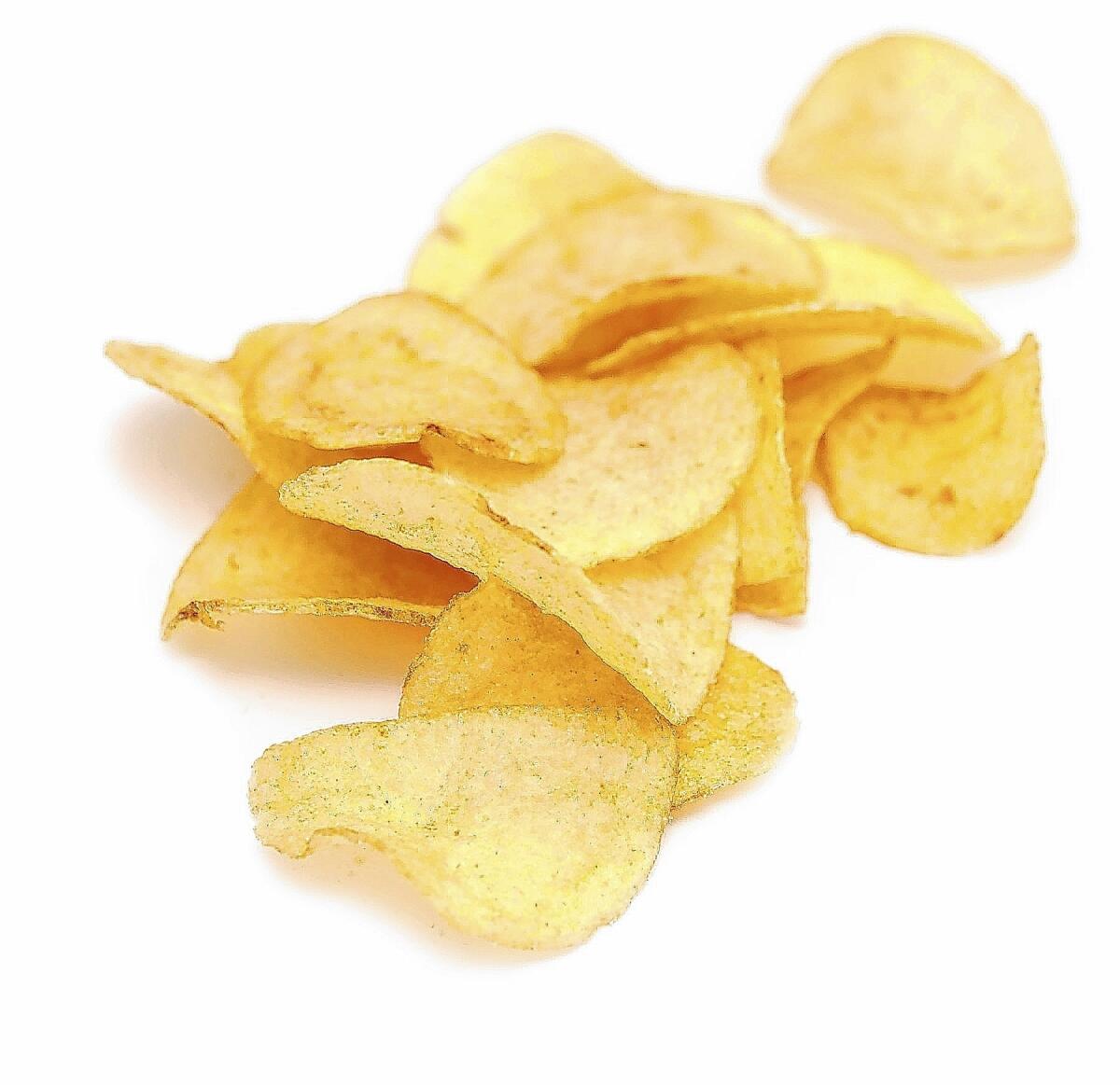Losing weight: Tempting foods promise a reward they can’t deliver

Picture potato chips or chocolate — or any food you feel you can’t resist. Chances are, your brain associates this food with a promise of happiness, says Kelly McGonigal, psychology instructor at Stanford University. But foods we have little control around act like the elusive carrot on a stick: The more we eat, the more we want. We never feel we have enough because the promise of reward is always in front of us — if only we eat one more, then another, and soon we’re left with crumbs at the bottom of the bag.
Yet the longing remains.
We can blame this phenomenon on our brain’s reward system. The sight and smell of an irresistible food causes the brain to release dopamine, a neurotransmitter that sets us on the path of seeking reward. But it’s important to distinguish that reward-seeking behavior — which feels like wanting or craving — from obtaining the reward, or feeling true happiness.
“It triggers a response of anxiety and puts you in a state of stress,” says McGonigal. To relieve the stress, you’ll continue to pursue reward — but will ultimately remain unfulfilled. And if feelings of guilt or shame descend after you indulge, the futile pursuit comes at a cost of your well-being.
“It can be very alarming when we realize how much suffering is around food that we think makes us happy,” McGonigal says. “The foods we can’t control ourselves around are almost never as good as we think they are. Even when our mouths are full, our minds think, ‘I want more.’”
The good news is that simple awareness of this contradiction can help. McGonigal recommends a mindfulness exercise that has been effective with students in her Science of Willpower class:
The next time you crave food you feel you have little control around, pay attention to how you respond to its promise of reward. Notice any feelings, such as anticipation, excitement, stress or anxiety, and any physical sensations. Then, give yourself permission to indulge — but do so mindfully. The food might smell good and look good, but does it actually taste as good as you thought it would? How does it feel on your tongue? As you continue to indulge, does the urge to pursue reward ever go away, or does it simply drive you to eat more? Do you ever feel satisfied?
“Over time, mindfulness gives you more control because you’re gaining awareness of these contradictions,” McGonigal says. “When you understand that, it’s easier to make good choices.”



